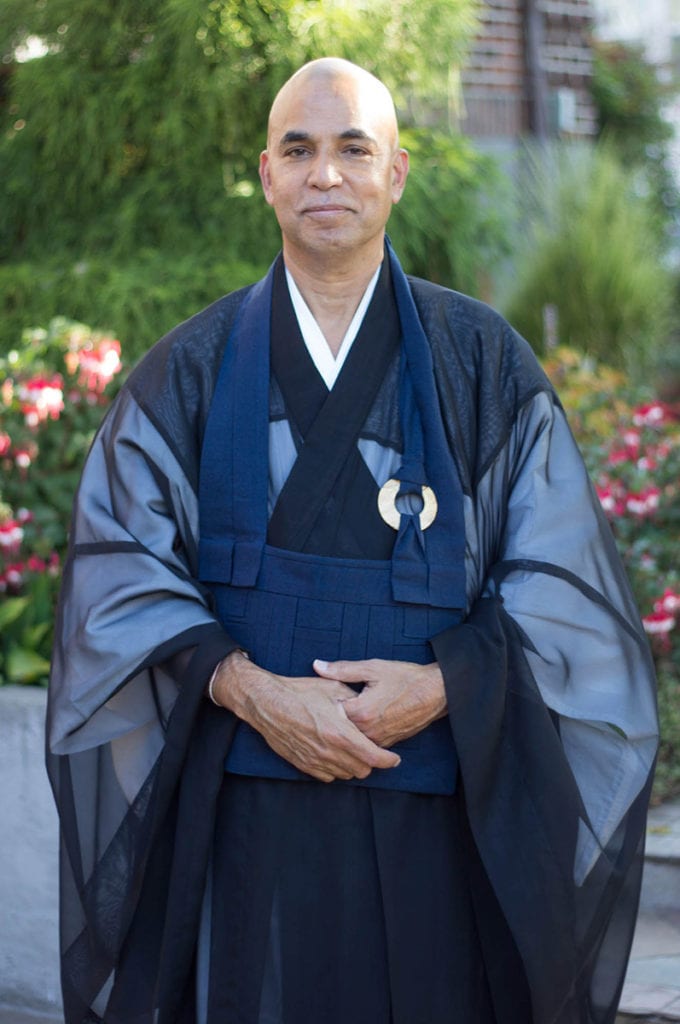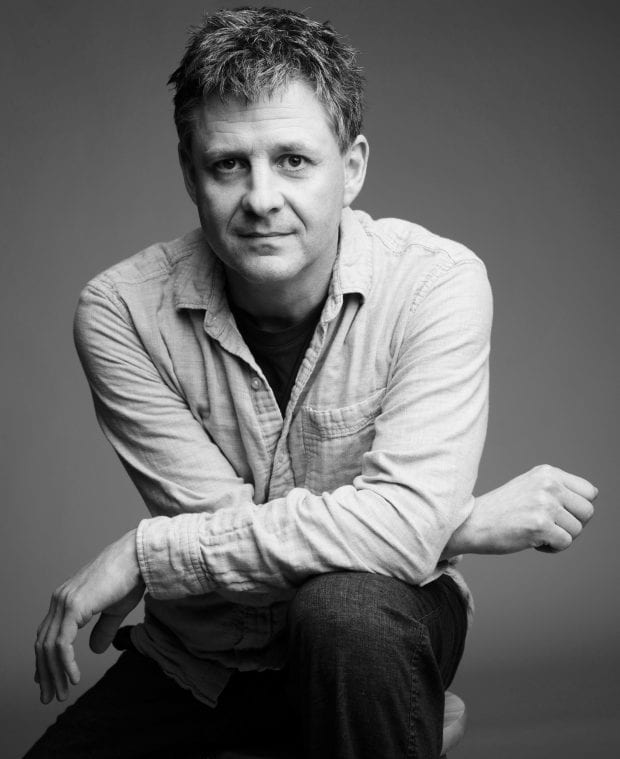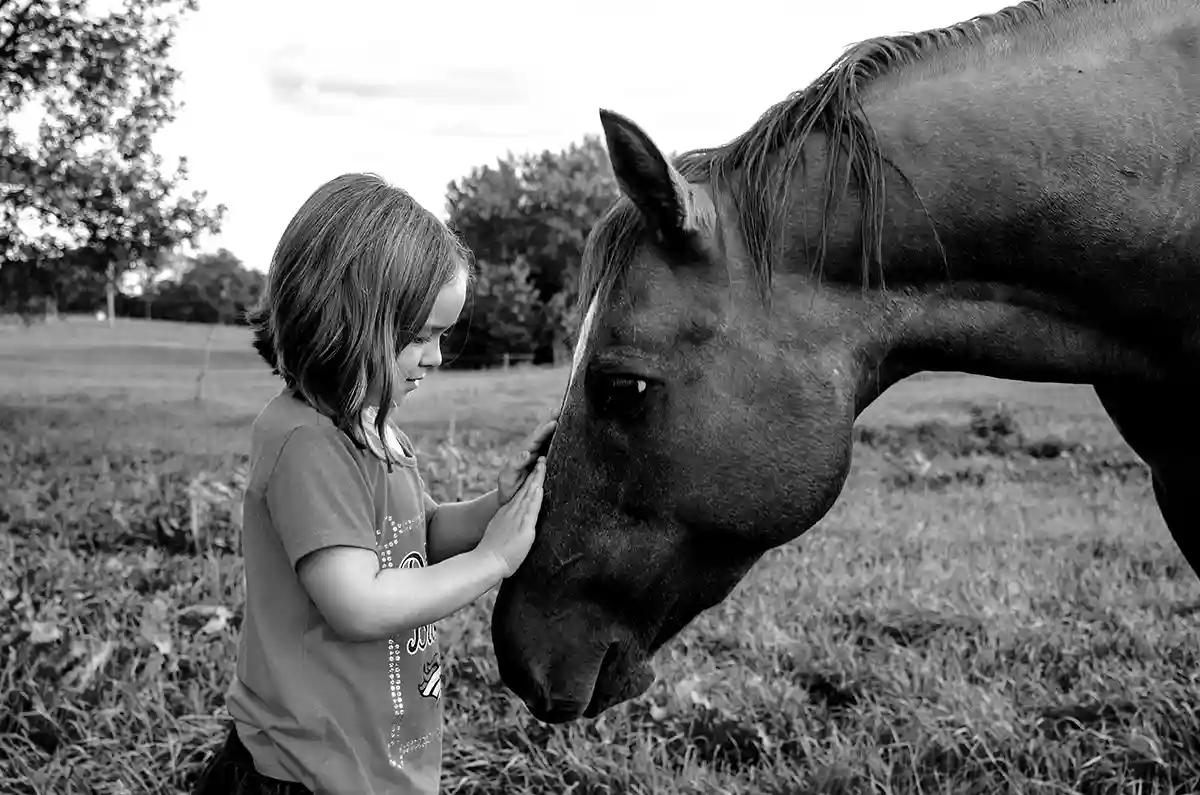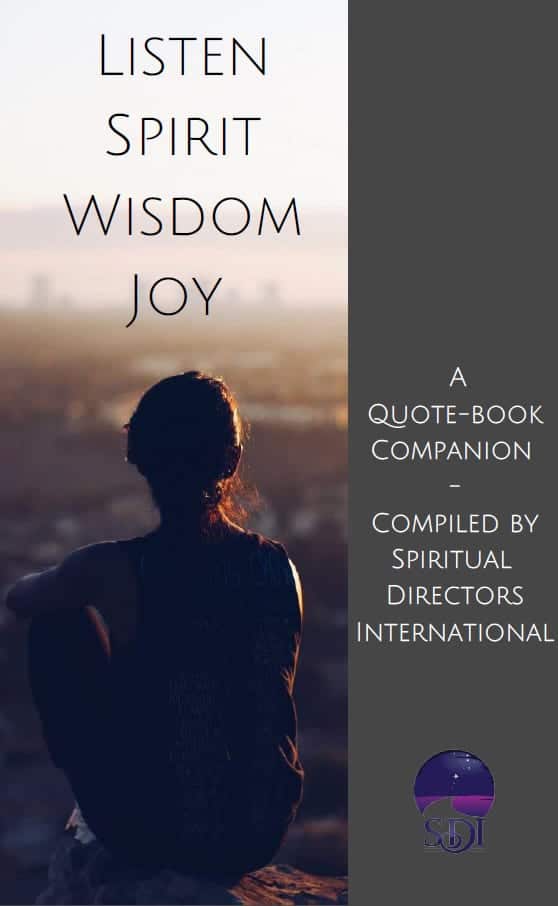Editor’s note: We are grateful to Eric Zimmer and his podcast – “The One You Feed” for giving us permission to share a transcript from a part of his session with Rev. SeiFu Anil Singh-Molares, executive director of SDI. Eric is himself a trained spiritual director as well as a behavior coach and a talented interviewer. We think this conversation is a rich place to explore for anyone who practices deep listening and anyone who wants to learn about it. This transcript has been edited for clarity.
Eric Zimmer: I’d like to start with just the basics. For people who are not familiar, what is spiritual direction? Or I know another term that is used a lot is spiritual companionship?. . .
Rev Seifu: They’re both great terms. I, as a Buddhist priest, use the term spiritual companion, which derives from one of the oldest recorded Sutras in the Tripitaka, which is the Pali Canon, the sacred texts of Buddhism, where the Buddha says to Ananda, who is his chief disciple, that spiritual friendship, companionship, camaraderie is the highest form of the spiritual life, is basically the entirety of the spiritual life. And so, that comes from the Buddhist tradition, but it comes also in Christianity, it comes in Islam, and it comes in all of the world’s major religions. And it has certain hallmarks that distinguish it. It’s not just, “Let’s go have a beer and talk about God,” it’s actually something far more involved than that. It’s based on deep listening. And deep listening is allowing the person that we companion to reveal to themselves principally through how they want to connect with the great beyond, or God, or the universe, or Allah however you might want to describe that… There are various modalities, but it’s deep listening . . . very contemplatively grounded, so that we can practice not being reactive. It’s also deeply respectful of the agency of the people that we’re with. So those are some of the hallmarks of that relationship.
Eric Zimmer: I was trained as an interfaith spiritual director, so I have that training and certification. And one of the people that helped me in that training or I worked a lot with was somebody I’m sure you’re familiar with, John Mabry, who’s written extensively on spiritual direction. He has an analogy that I like which he says that the role of a spiritual director is to be a couple’s counselor between the person you’re working with and the divine. Now again, we can use lots of different terms for the divine, we could say to be a couple’s counselor between a person and their truest reality, their deepest nature. Again, we can use the terms but I love that analogy, because it .. [reminds us that] the goal is to facilitate a relationship between that person and deeper reality. Not that there’s not a relationship between us and the people we companion, but the more important relationship is between the people we companion and their own essential nature or God.
Rev Seifu: I completely agree with that. I think that our role as spiritual companions, as spiritual directors, is to be a mirror to those folks as they unfurl for themselves this deeper relationship, this deeper meaning. I often describe it as, it’s not so much a journey of discovery for them, it’s a journey of remembering, because we’re all born with this innate ability to connect on the deepest level with our essence. And we’re really talking about our universal essence, again, God, Allah, whatever, however you want to describe it. . . We talk about the intimate infinite. And as a Zen practitioner yourself, that’s probably a term you may have heard. It’s developing intimacy with the infinite. And it’s remembering that our role as spiritual directors and spiritual companions is to walk alongside that person as they take increasing steps into that remembrance, into that greater awareness.
Eric Zimmer: … You use that phrase, “the intimate infinite,” which I love, which is a phrase I think I originally heard from Genjo Marinello, who is, I think, your Zen teacher and was a spiritual director for me at one point in my life. . . I came across this quote today, and it says, “The practice of Zen is forgetting the self in the act of uniting with something.” And I love this idea in so much of Zen around intimacy, it’s the way that I have most connected with Zen, is this idea of becoming intimate with things by connecting to the world.
“If I had some shorthand for spiritual direction it would be just that, learning to live into the questions. Learning to be comfortable in a questioning space, and comfortable with it. That’s our ultimate space anyway. We are these fragments, these specks of dust in a seemingly infinite universe that we are only just beginning to understand in many ways. So, rather than flail desperately for knowledge, why don’t we just accept that one way of apprehending all of that is just to accept that there’s so much we don’t know and to become comfortable with it.”
~ Rev. SeiFu Anil singh-molares
Rev Seifu: I agree. It brings up that quote from Dogen, “To study the self is to forget the self.” And I would add another line, to forget the self is to remember the self. I mean, there is no self, ultimately, no individual egoistic self, but there is this great splash of water that we’re all a part of. It’s intuitively reachable. It’s also intellectually reachable to some extent although that can become an obstacle very quickly, the intellect. I use the analogy of climbing up a mountain, right? And if you don’t have training and you climb up a mountain, you could go off on to a path that’s going to lead you to a ravine, or to a place where you don’t have enough oxygen. The spiritual companion is like a trained mountain guide who walks alongside of you as you ascend the mountain. But, of course, what you’re going to see when you get to the top of the mountain, is what you’re going to see, right? It’s your view, it’s this beautiful view, but it’s your view. And even if I’m sitting next to you, as your companion, what I see is different, because of who I am. The spiritual direction relationship is very similar to that, it’s just a trained mountain guide, who escorts you, and walks alongside of you… The beautiful part of that is that, if I’m your spiritual director, or spiritual companion, I get to see that view for myself too, right? So I get to walk through that door with you, even though we’re both going to see very different things, and we’re going to react differently to them.
Eric Zimmer: So, let’s talk about spiritual direction in contrast to a couple of other roles that it’s often confused with. How is a spiritual director different than my pastor, my priest, my reverend? You’re in the Zen tradition, you have a Zen teacher, how is a spiritual director different than those roles?
Rev Seifu: There are some similarities, which is why I think people get easily confused. Spiritual direction, as we were just discussing, usually happens on a one-to-one basis, although it can happen one-to-many. So, that’s one key distinction, right? The pastor’s up there and ministering to hundreds of people or dozens of people and it’s one-to-many. So, that intimacy that we were talking about earlier, one of the hallmarks of a good spiritual direction relationship, gives [the person being companioned] a maximum amount of focus and mindful attention … We’re kind of cushion, if you will. A cushion for others to sit on so that they can more easily navigate their way into an exploration of the unknown, an exploration of the beyond or God. So, that’s one key difference. Pastors tend to minister to many folks, spiritual directors tend to be one on one… [And it] is much easier to achieve intimacy, safety, comfort, and trust in a one-to-one relationship than it usually is in a group setting. [Of course, there’s] beauty in community, and great comfort and support, but that has some complicating factors as well.
Eric Zimmer: I think there’s often also a difference in hierarchy or authority, or power, in some priest, reverend-to- congregation situation. The teacher is an exalted positio .. [or at least] it often has that connotation, whereas I think in spiritual direction, particularly when you use the word spiritual companionship, that’s not really what we’re aiming for.
Rev Seifu: I think that’s a very good analysis. In my role as a priest, I’m holding the container, right? I’m holding the container of Zen with all of its rituals, and practices, and meditation and Buddha and all of that. In my role as a spiritual companion, [I accompany you and] you’re holding your container as you develop it. And my job is to support you, not to say, “Here’s my container.” That’s something that good spiritual directors, spiritual companions never do. It’s not a question of my container. It’s your container, it’s your emerging awareness of how you want to frame your spirituality, how you want to grow within it. That’s a good distinction, Eric, and I agree with that….
Eric Zimmer: So, what sort of thing happens in a spiritual direction session …?
Rev Seifu: I think it’s different with every individual, right? Because we all have different approaches to it. So, we start with the premise that we’re in this relationship together, because you are coming to me to help assist you with your exploration of the Divine, or God or the universe. So, it starts with that, and then it’s kind of Freud or Jung from a psychological standpoint. Anything you say, as unrelated as you think it is, is actually your entry point into this exploration, even if you’re not consciously aware of it immediately. Usually, people talk about their experiences with established religions, because most people have had some… And then we unpack those things. And actually, my job as a spiritual director and spiritual companion is just to support that person as they unpack. And so, you go from kind of circling around the issue very quickly to, “Oh, here’s really what I want to address today.” And this is not me as the spiritual director. It’s the person that I’m with who says, “I figured it out. This is what I believe about this, or this is what I’m thinking about or questioning.” If they don’t really know yet where they are, you circle and then we get pretty granular pretty quickly as people realize what they want to explore.
Eric Zimmer: So it looks in some ways like a therapy session: there are two people sitting in a room talking about something for usually about an hour. Again, there’s variation. So, that’s one model of it. I know a lot of spiritual directors who also bring in other tools, though, beyond just talking.
Rev Seifu: … Contemplative practices are a big part of it too . . . Moments of silence, moments of mutual contemplation are interspersed with a talk therapy component. Or music, or it can be any number of things that people bring in. In the Zen tradition, in Rinzai Zen, we act these things out through koan study. If we are coming to a spiritual director, we present our understanding [of a koan], and that person mirrors back to us what they see. And then we go, “Oh, let me think about that. Let’s take a few minutes in silence.” And so, the contemplative part of spiritual direction is very important whether you do it through prayer, or meditation, or dancing, or whatever it is; in the session, and especially outside the session in anticipation of the session, and preparing for it . . .So in some sense, spiritual direction, spiritual companionship leads us into an exploration of the unknown, and the unknowable. And that’s a really difficult place for most people to find themselves in. We like certainty in our lives, we like things that we can hold on to, we like things that give us feelings of safety and certainty. And this particular practice, spiritual direction, actually invites us into unknown and unknowable spaces. And it’s really an invitation to become comfortable with change, to become comfortable with uncertainty, to become intimate with things that normally trigger us in to defensive posture, right? …
Eric Zimmer: That’s one of the things as I went through my training that was so interesting. I mean, I’ve got years of background as a coach….There are some similarities between coaching and spiritual direction, but there is also a place in spiritual direction where we want to let the person find their way into their own thing. A good coach will do the same thing, ask questions and lead people around to their own conclusions, but there’s also a point where it’s, “Well, here’s what I think you might want to do.” And I’m not saying there’s never a role for that in spiritual direction, but that emphasis on the unknown and the relaxing into uncertainty, relaxing into silence, relaxing into that, is a key part of the dynamic.
Rev Seifu: It can be a beautiful thing. [But] most people are fearful of it, are scared of it and for good reason, right? You’re basically plunging into the abyss with no safety net. No harness, nothing to hold you up. We’re talking about faith now, and that means lots of different things to different people, but in practice, spiritual direction, spiritual companionship is really becoming comfortable with floating out in space on your own, and being okay with that. And if we become comfortable, developing habits around it, where we become very familiar with floating in space, and I’m using this as a metaphor, floating in space alone, then [our fears about things like death] … start to dissipate. So, that’s a beautiful outcome of living into questions rather than looking for answers, I would say.
Eric Zimmer: There’s that famous Rilke quote about learning to live the questions.
Rev Seifu: Yeah, if I had some shorthand for spiritual direction it would be just that, learning to live into the questions. Learning to be comfortable in a questioning space, and comfortable with it. That’s our ultimate space anyway. We are these fragments, these specks of dust in a seemingly infinite universe that we are only just beginning to understand in many ways. So, rather than flail desperately for knowledge, why don’t we just accept that one way of apprehending all of that is just to accept that there’s so much we don’t know and to become comfortable with it.
You may listen to the whole podcast aquí.

Rev. Seifu Anil Singh-Molares, MTS is the Executive Director of SDI and an ordained Zen Buddhist priest, as well as a practicing spiritual director/companion and motivational speaker. He is a veteran of numerous interfaith and interspiritual efforts over the years, including Seeds of Compassion in Seattle in 2008, where he was one of the chairs, and as founder and executive director of the Compassionate Action Network. He has a Master’s in Theological Studies from Harvard University.
Rev. Seifu is an accomplished speaker and university lecturer and is a key contributor for the Woodrow Wilson National Fellowship Foundation. In a previous life, he was also an executive at Microsoft, where he successfully grew international groups and divisions and provided leadership to multi-cultural teams around the world.

A behavior coach, podcast host, and author, Eric Zimmer is endlessly inspired by the quest for a greater understanding of how our minds work and how to intentionally create the lives we want to live.
At the age of 24, Eric was homeless, addicted to heroin and facing long jail sentences. In the years since he has found a way to recover from addiction and build a life worth living for himself.
Eric works as a behavior coach and has done so for the past 20 years. He has coached hundreds of people from around the world on how to make significant life changes and create habits that serve them well in achieving the goals they’ve set for themselves.
In addition to his work as a behavior coach, he currently hosts the award-winning podcast, The One You Feed, based on an old parable about two wolves at battle within us. With over 300 episodes and over 13 million downloads, the show features conversations with experts across many fields of study about how to create a life that has less suffering and more fulfillment and meaning.
Guests on the show include scientists, authors, researchers, teachers, thought leaders, spiritual gurus, and public figures and all offer practical, actionable wisdom that listeners can readily apply to their daily lives in order to act their way into a better experience of living.




